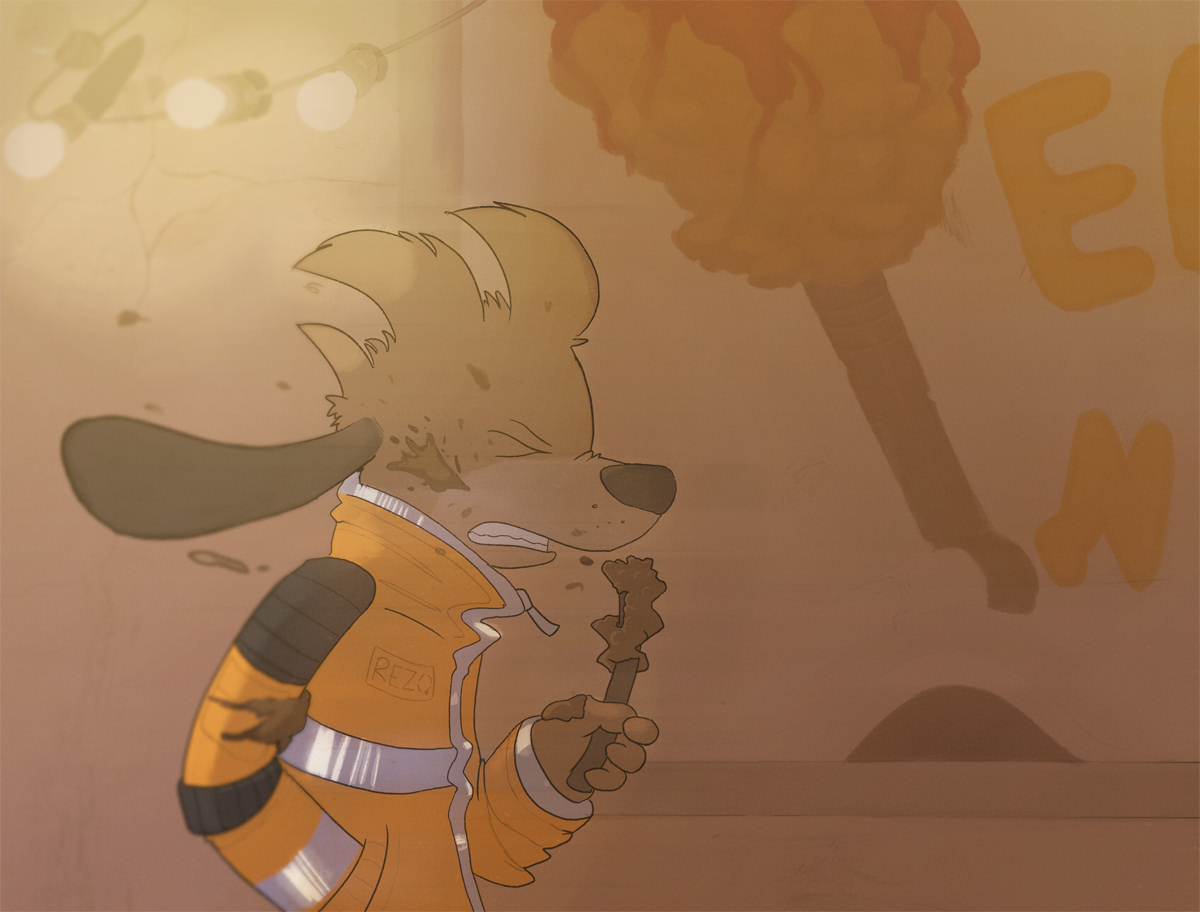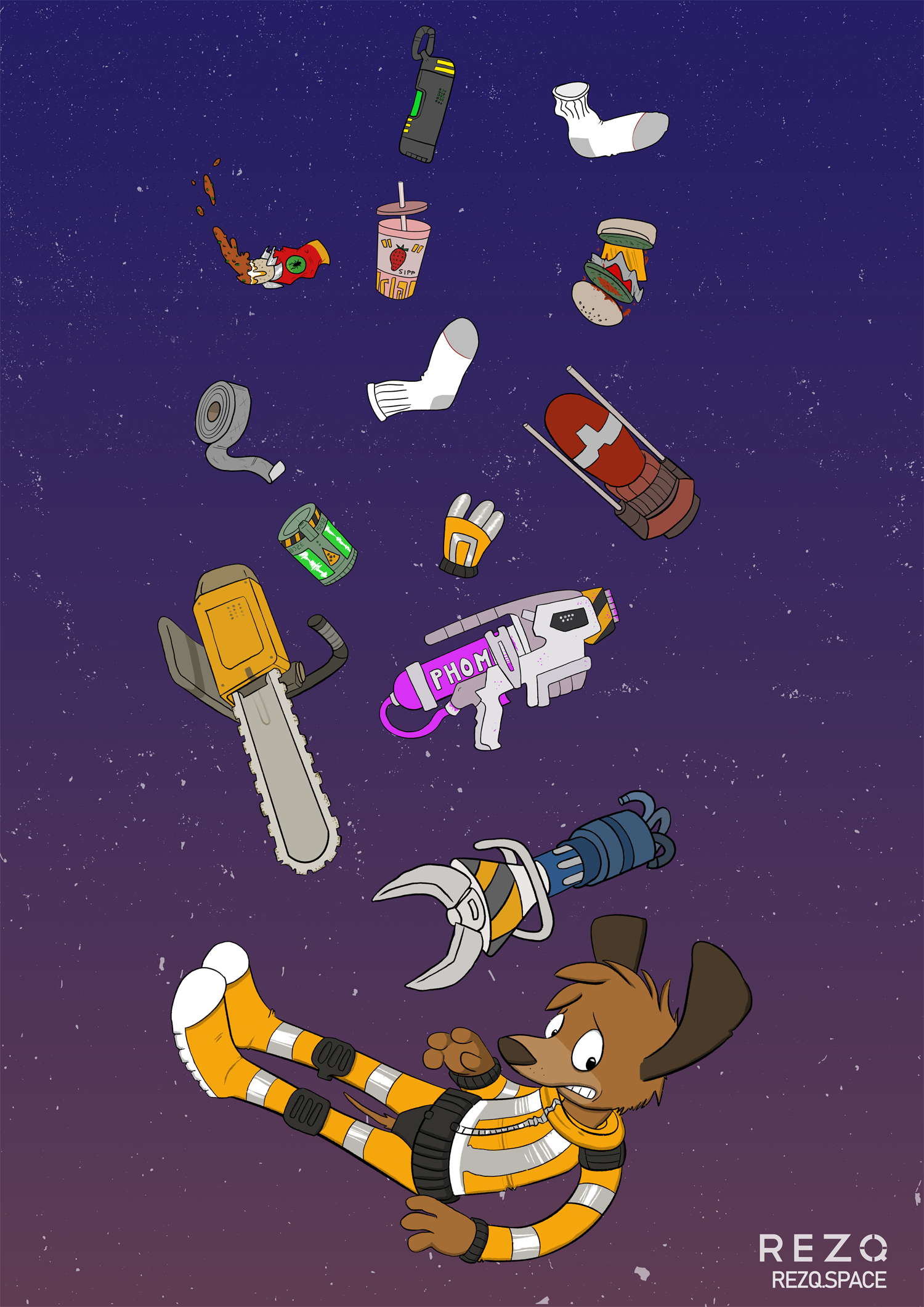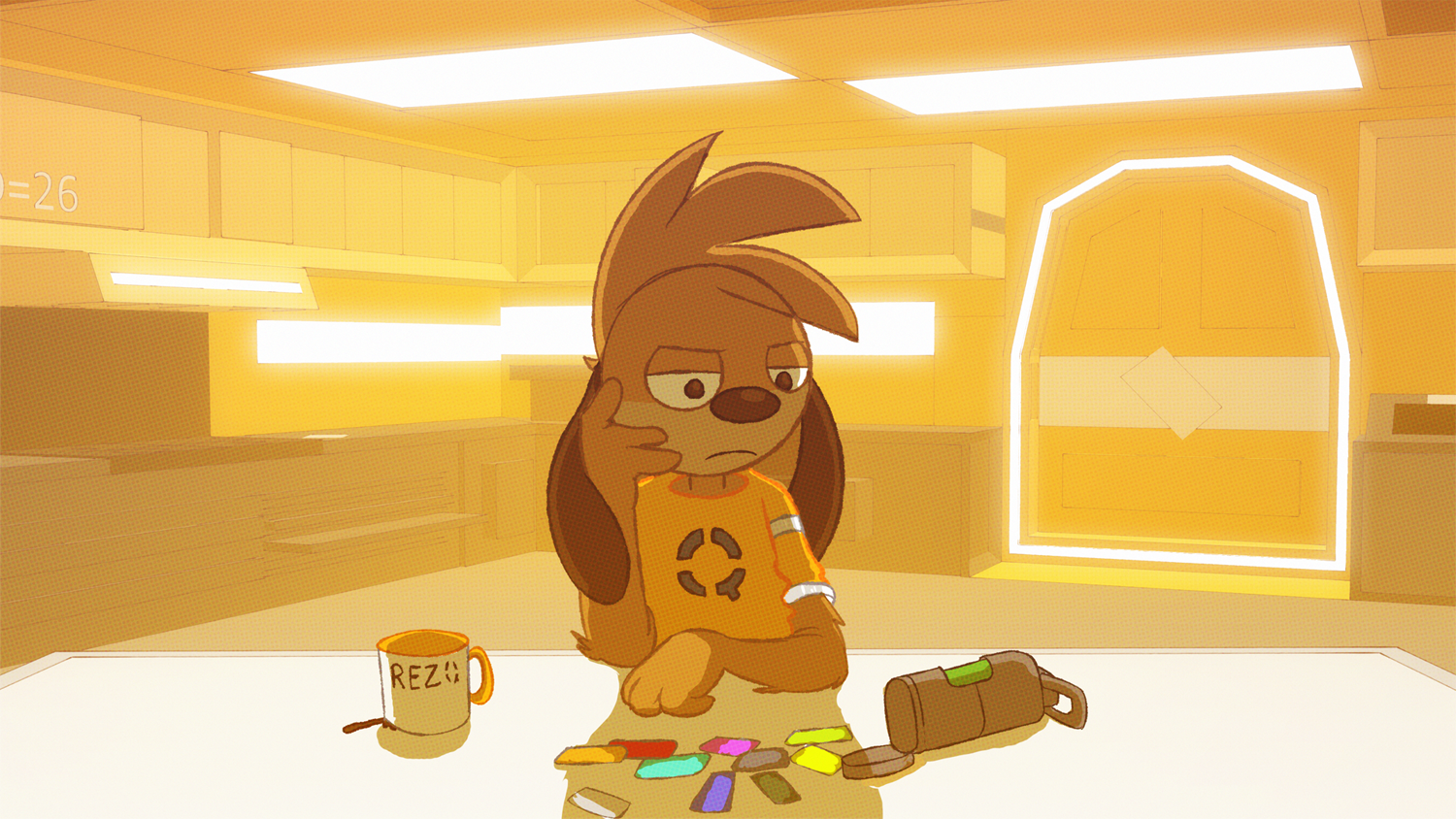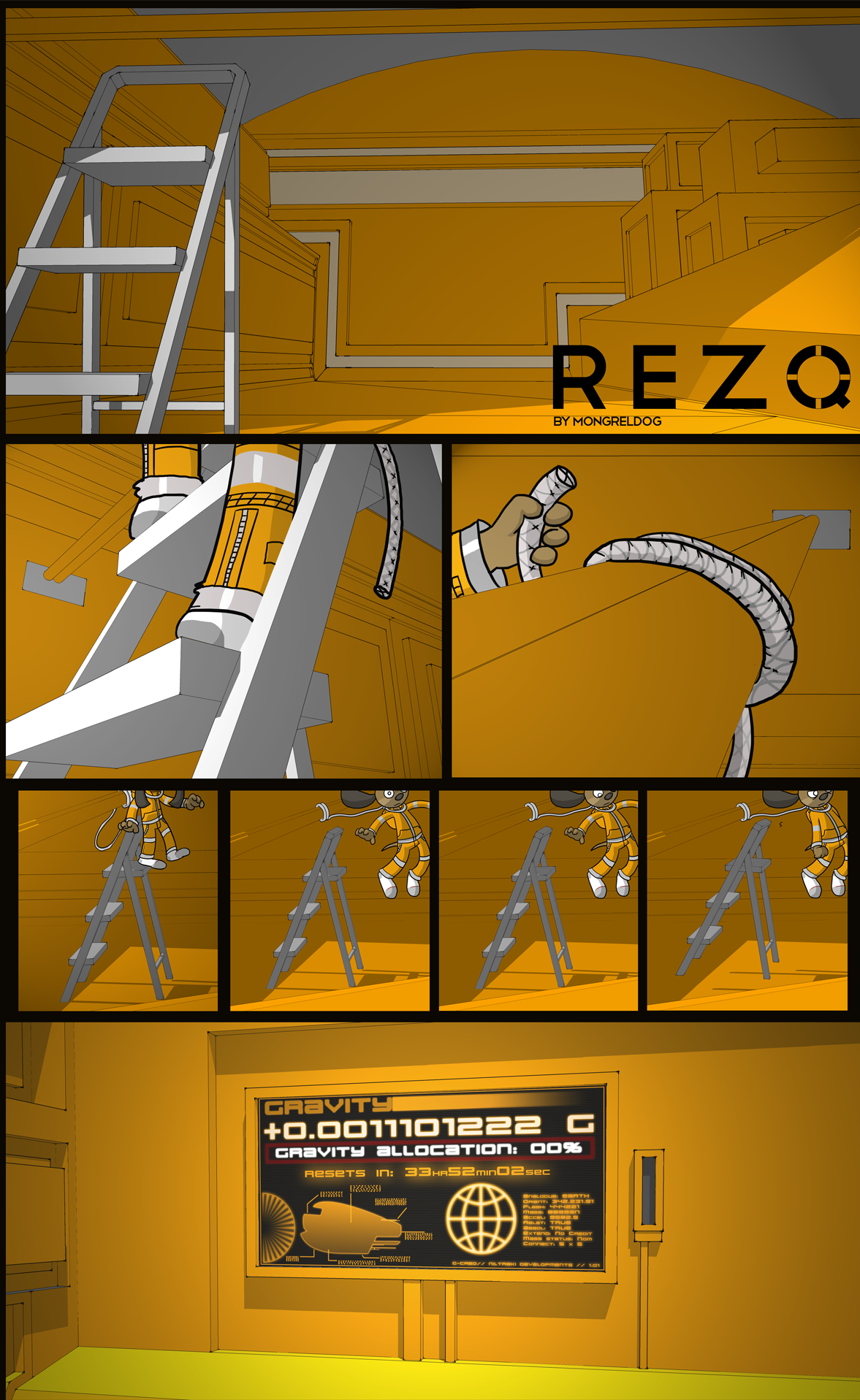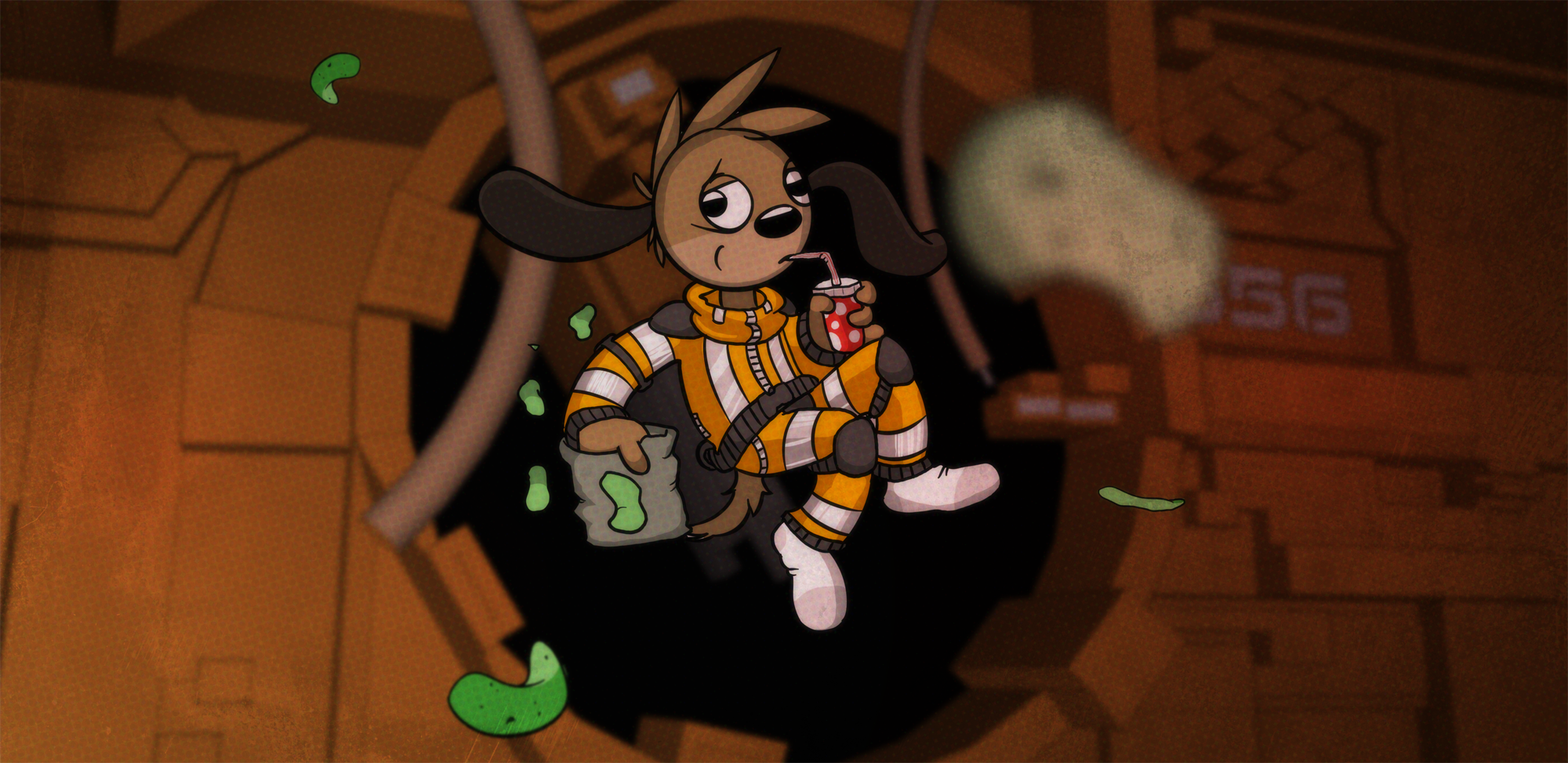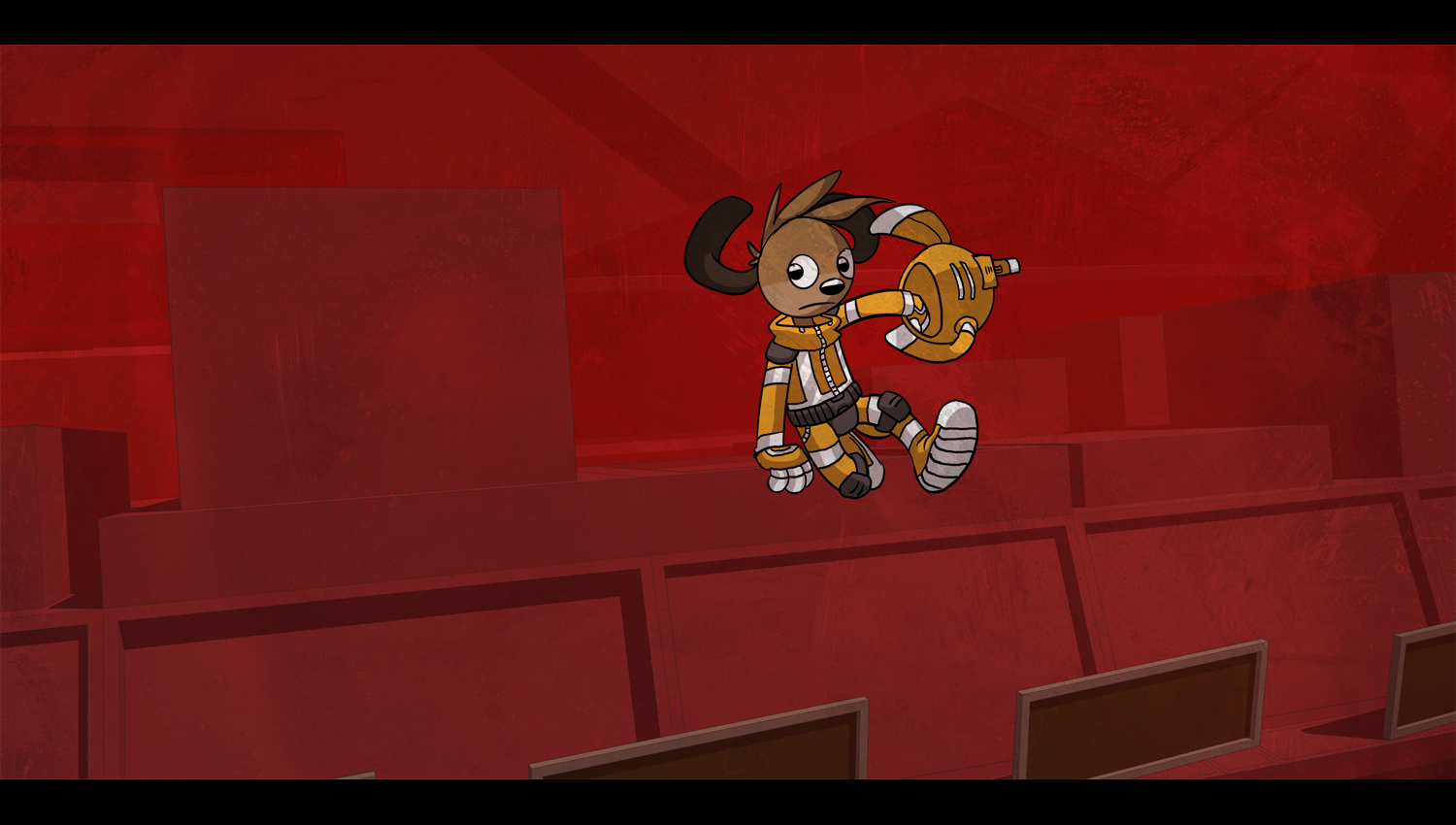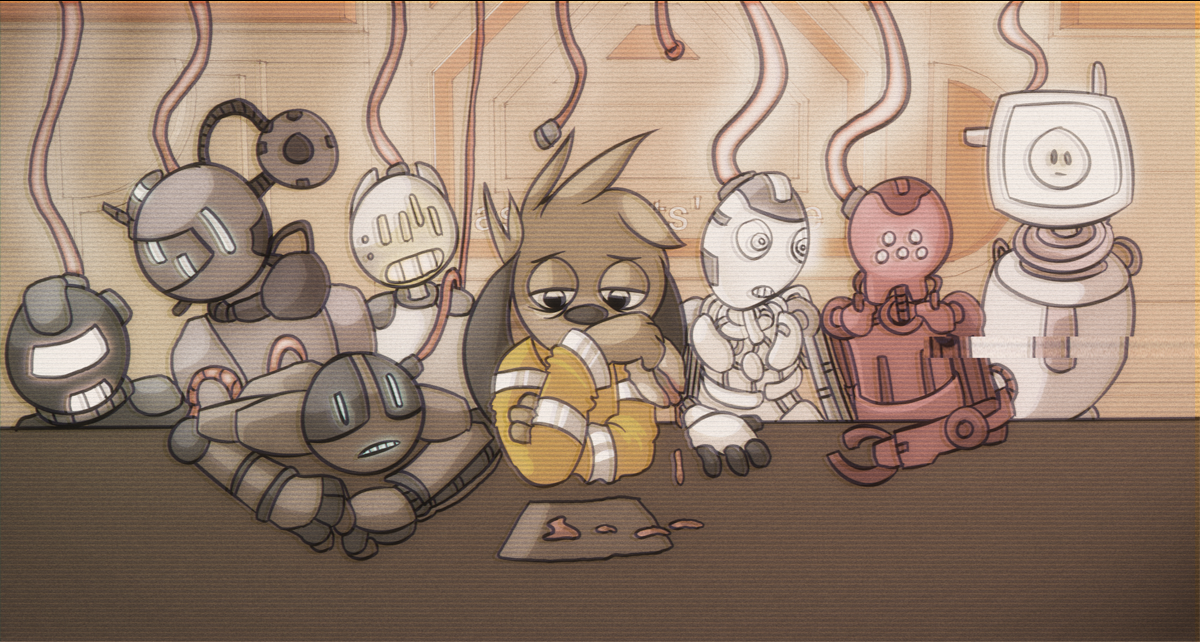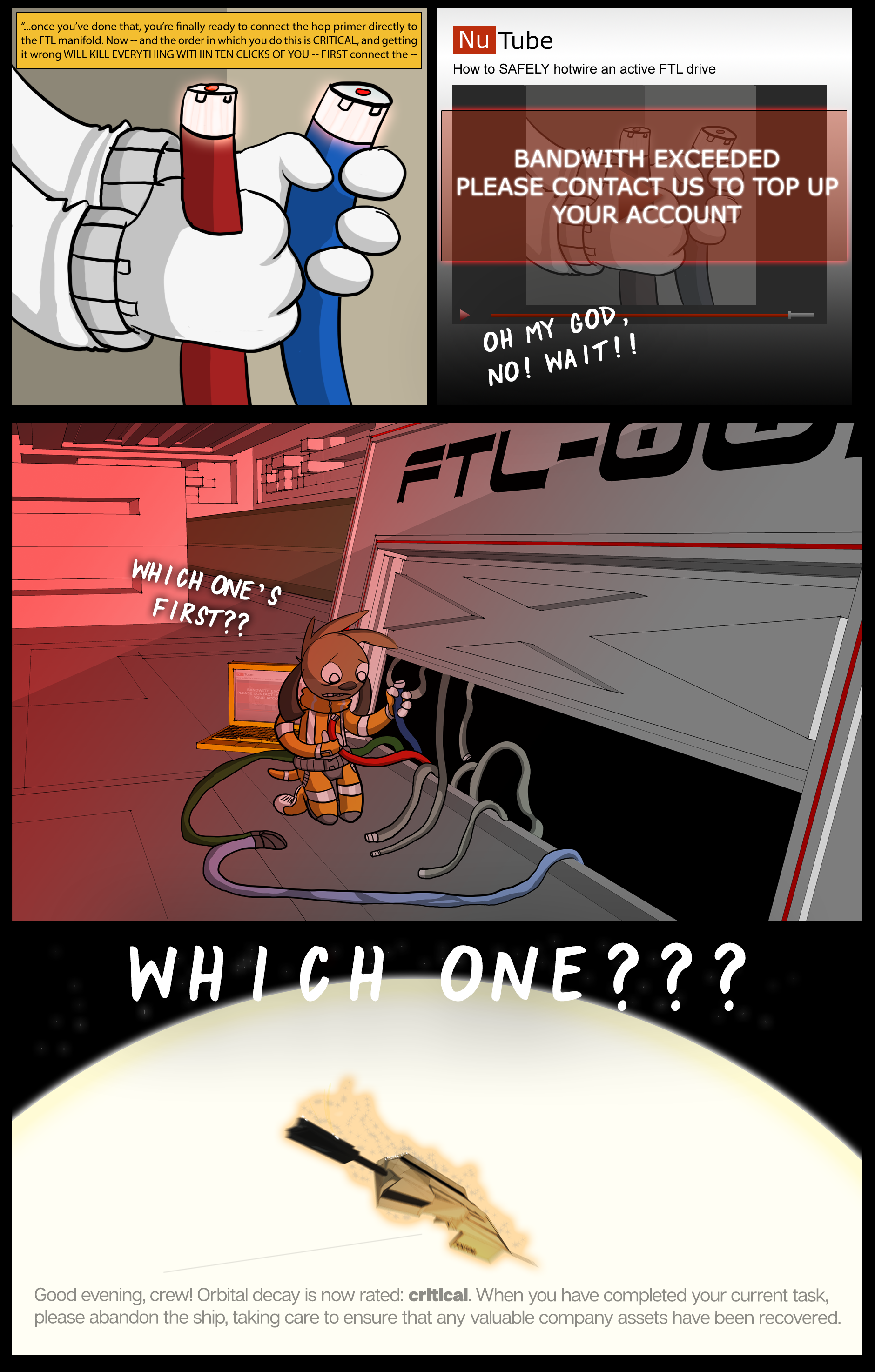Panic Attack
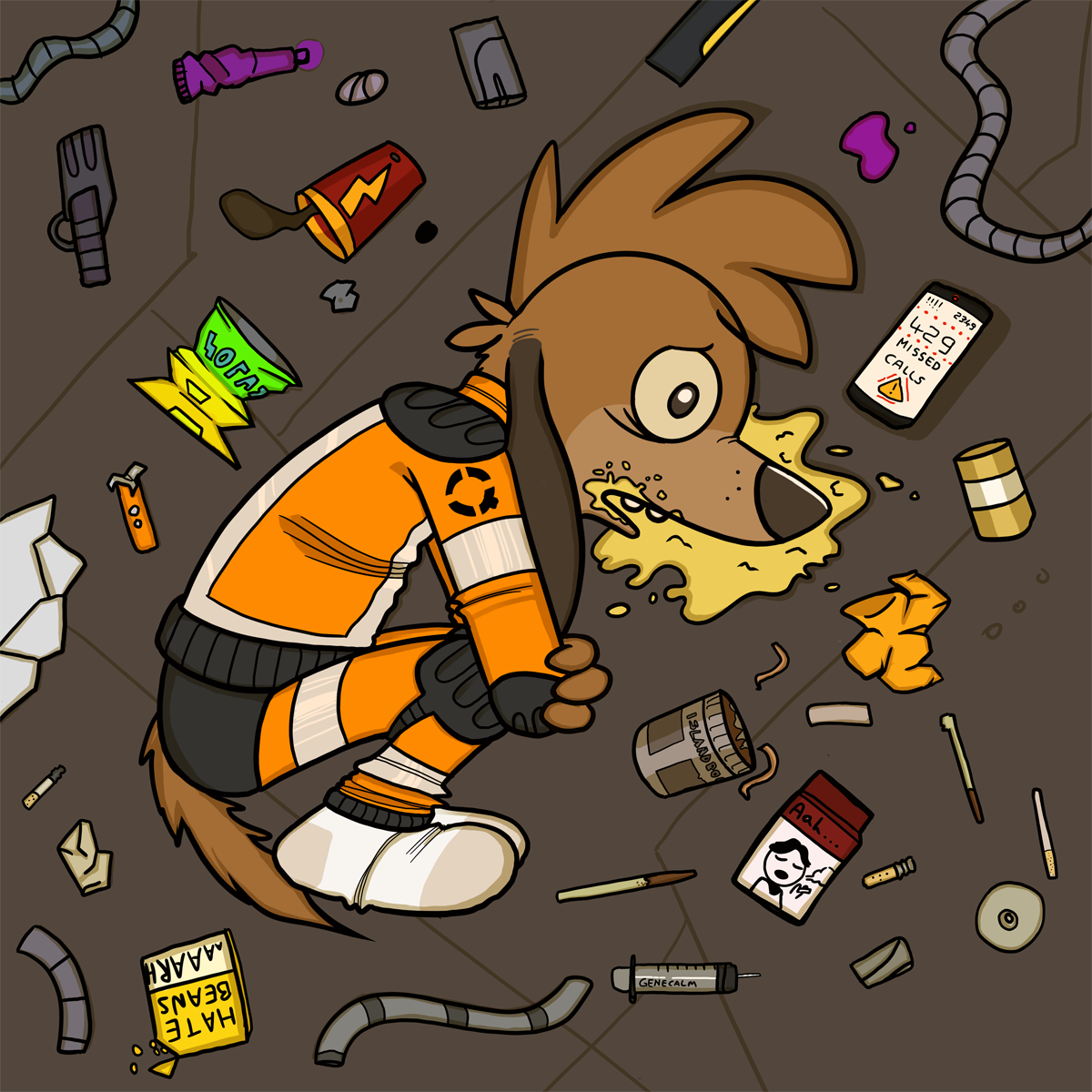
 The fight-or-flight mechanism is rooted deep in our prehistory, pieced together incrementally and accidentally by an unknowable number of genetic mutations across incomprehensible stretches of time. Even now, we’ve not successfully engineered our way out of the imperative to panic about dangerous things. If anything, and contrary to what the various ex-Sol tourist boards, travel companies, and haulage recruiters might tell you, spacefaring life has only widened the scope of threats that require an instinctual reaction to survive. Prehistoric hunter-gatherers glimpsing light flash across the teeth of a crouching homotherium latidens would have benefited from a sudden dumping of powerful stress hormones into their systems to help impel them to safety. A starship insurance claims adjuster who notices a crack spreading in an Iconoglass viewport can certainly be aided by the very same mechanism. It’s a response sharpened to an icy needle by evolution, and it works.
The fight-or-flight mechanism is rooted deep in our prehistory, pieced together incrementally and accidentally by an unknowable number of genetic mutations across incomprehensible stretches of time. Even now, we’ve not successfully engineered our way out of the imperative to panic about dangerous things. If anything, and contrary to what the various ex-Sol tourist boards, travel companies, and haulage recruiters might tell you, spacefaring life has only widened the scope of threats that require an instinctual reaction to survive. Prehistoric hunter-gatherers glimpsing light flash across the teeth of a crouching homotherium latidens would have benefited from a sudden dumping of powerful stress hormones into their systems to help impel them to safety. A starship insurance claims adjuster who notices a crack spreading in an Iconoglass viewport can certainly be aided by the very same mechanism. It’s a response sharpened to an icy needle by evolution, and it works.
The problem comes when you feel that cold pinprick in unnecessary circumstances. If, like Thom, you happen to possess a brain that is somehow pathologically miswired, then behind the lows of your general mood is a constant tinnitus of anxiety. As Thom skids through his seemingly endless working days atop a skein of caffeine, nicotine, and amphetamines, pinballing from mortally dangerous recovery jobs to soul-evaporating administration tasks, this background whine can–without warning, and seemingly unconnected to a particular risk–spike into a shriek, blasting him over an invisible precipice into a full-blown panic attack.
Maybe the pulse of the call-waiting service interrupts a recovery call that, itself, was already the interruption of another call. Maybe another 2-star customer rating appears on his record for no reason he can think of. Maybe nothing like this happens, and a tiny glimmer of doubt about nothing triggers a cascade of exponentially apocalyptic thoughts. Whatever the reason, or non-reason, when Thom is locked into this trajectory, the same things happen: he feels his pulse accelerate until his heart becomes a cannonball vibrating in his ribcage until it threatens to burst out of his skinny chest. Muscles flooding with adrenaline and cortisol, stomach dropping, metabolism accelerating upward through the gears, Thom feels a hurricane of blood howling by his eardrums. Soon, he goes from breathing to hyperventilating, his tongue desiccating as he is hollowed out by the suspicion, the fear, the certainty, that he is going to die any second and there is absolutely nothing he can do to stop it.
Of course, he never does die. Instead, in an undignified and almost invariable climax, he throws up. Empty-stomached as he often is when he’s been too busy, anxious, or otherwise unpermitted to eat, there’s not much more to be squeezed from his board-stiff body than a foamy pool of digestive acid, phlegm, and green-yellow bile. Thom doesn’t know it yet, but this particular mess is destroying his teeth a little more every time it happens (and he certainly doesn’t have dental cover on his contract).
Maybe it’s a cruelty specific to panic attacks that, if this were a fight-or-flight situation, Thom would have done neither: he tends to end up on the floor with all the other trash, feeling misery and self-loathing flood him even alongside the false euphoria of the post-vomit endorphins. Why did this happen? What was he doing? How can he avoid it in future? All questions, of course, that do nothing but reinforce the anxiety that paints innocuous circumstances as those worthy of panic, setting him up for future such incidents in an endlessly tightening loop.
Eventually, after what feels like hours, he’ll grope for his thundering, skittering phone, drag himself back to his feet, spit out the last of the sick, wipe the tears from his yellowed eyes, and try to figure out how much time he has lost. Just because he was unable to participate in the universe for a few minutes does not mean that he hasn’t been receiving new jobs, new notifications, and new warnings.
